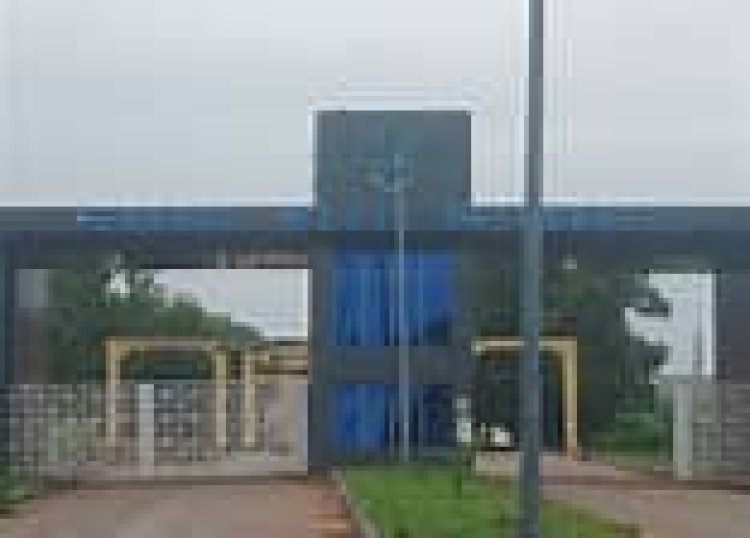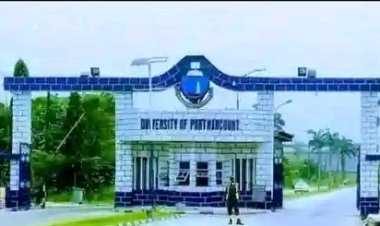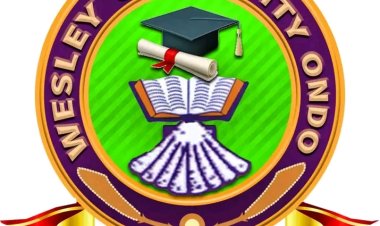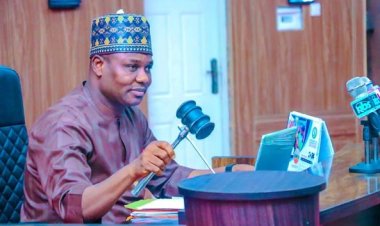Executive Director Unveils Disturbing State of Basic Education in Ebonyi State Following Extensive Survey by Technology for Transformative Development Foundation (TTD)
Survey Reveals Shocking Shortcomings in Teachers, Facilities, and Nutrition

In a recent interview with Ewah Otu Eleri, the Executive Director of the Technology for Transformative Development Foundation (TTD), alarming revelations about the state of basic education in Ebonyi State have come to light. The NGO, sponsored by the United States Development Agency (USAID), conducted a comprehensive baseline assessment of primary schools in the state, covering 360 out of 1,010 schools.
According to Eleri, the survey exposed a myriad of issues, ranging from acute teacher shortages to inadequate facilities, increasing school dropouts, and malnutrition. The results showed that students from primary one to six struggled with basic mathematical exercises and literacy, performing well below average levels. The key findings include:
SEE: Ebonyi State University Launches 2023/2024 Pre-Degree Programme for Aspiring Students
1. Teacher Shortage Crisis: Over the past decade, Ebonyi State has faced a critical shortage of teachers, with no replacements for those who retired, left service, or passed away. Urban areas boast excess teachers, while rural areas suffer from a severe lack. Additionally, existing teachers receive little to no retraining in modern communication and teaching methods.
2. Inadequate Learning Materials: Many students attend school without essential textbooks, including English, mathematics, and basic sciences. Some even lack exercise books, hindering their ability to refer to materials or complete homework.
3. Dilapidated Infrastructure: While new classrooms have been built, the allocation lacks a rational basis, leading to a surplus in some schools and a deficit in others. Shockingly, numerous schools lack roofs, windows, and doors, creating an uninspiring learning environment for students.
SEE: Tragedy Strikes Nkaleke Echara Community Secondary School: School Principal and Teacher Brutally Murdered
4. Sanitation Crisis: Over 80 percent of schools have nonfunctional toilets, impacting students' health and attendance. Lack of proper water and sanitation facilities poses serious risks of diseases such as diarrhea.
5. Decline in School Attendance: Ebonyi State has witnessed a significant decline in school attendance, with a staggering dropout rate. Two out of three students who complete junior secondary school do not proceed to senior secondary school, contributing to the state's alarming statistics on out-of-school children.
6. Malnutrition Concerns: While not initially included in the survey, discussions with teachers and headmasters highlighted the issue of malnutrition among students. In some cases, educators take it upon themselves to provide basic nutrition like garri and sugar to ensure students can concentrate on their studies.
SEE: Ebonyi State Takes Lead in Southern Nigeria with 3,000 Teacher-Gap and Highest Number of Out-of-School Children
Eleri emphasized the need for urgent action, calling for the recruitment of teachers and the development of a rational distribution mechanism to address the staffing gap. The dire situation in Ebonyi State's primary education system demands immediate attention and systematic reforms to ensure a brighter future for its students.

 Mary Nwaeze
Mary Nwaeze 



